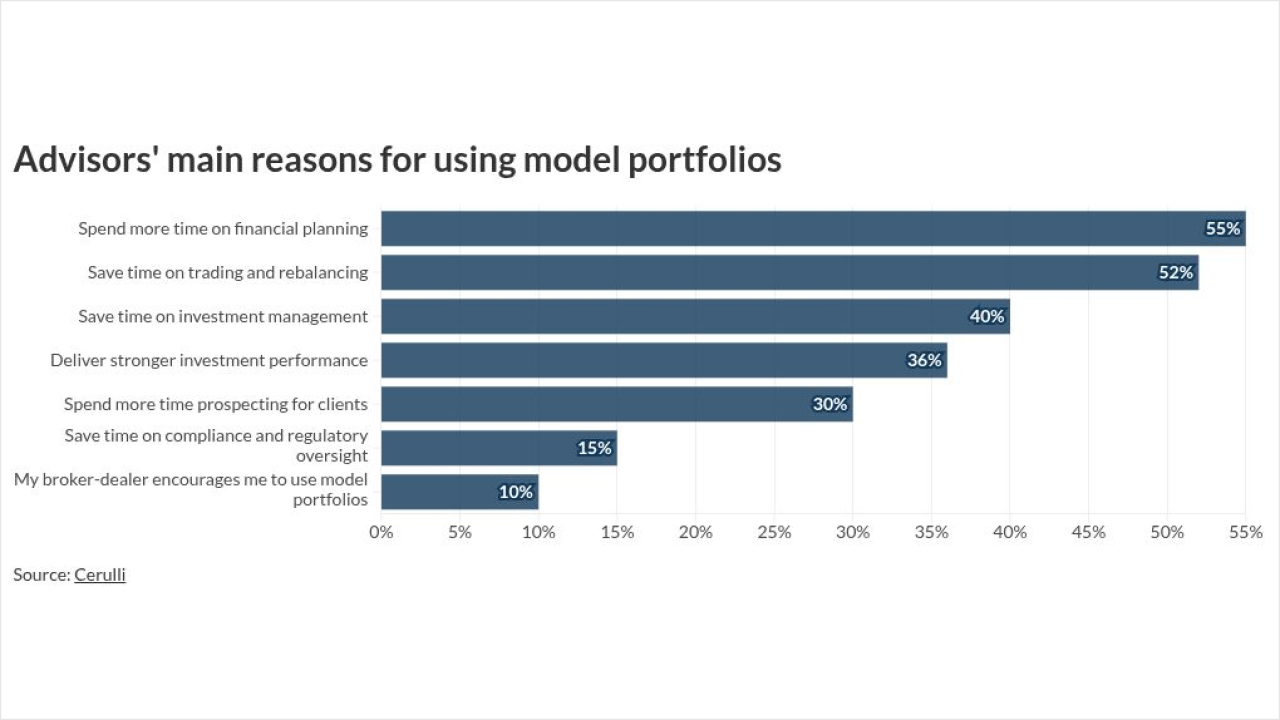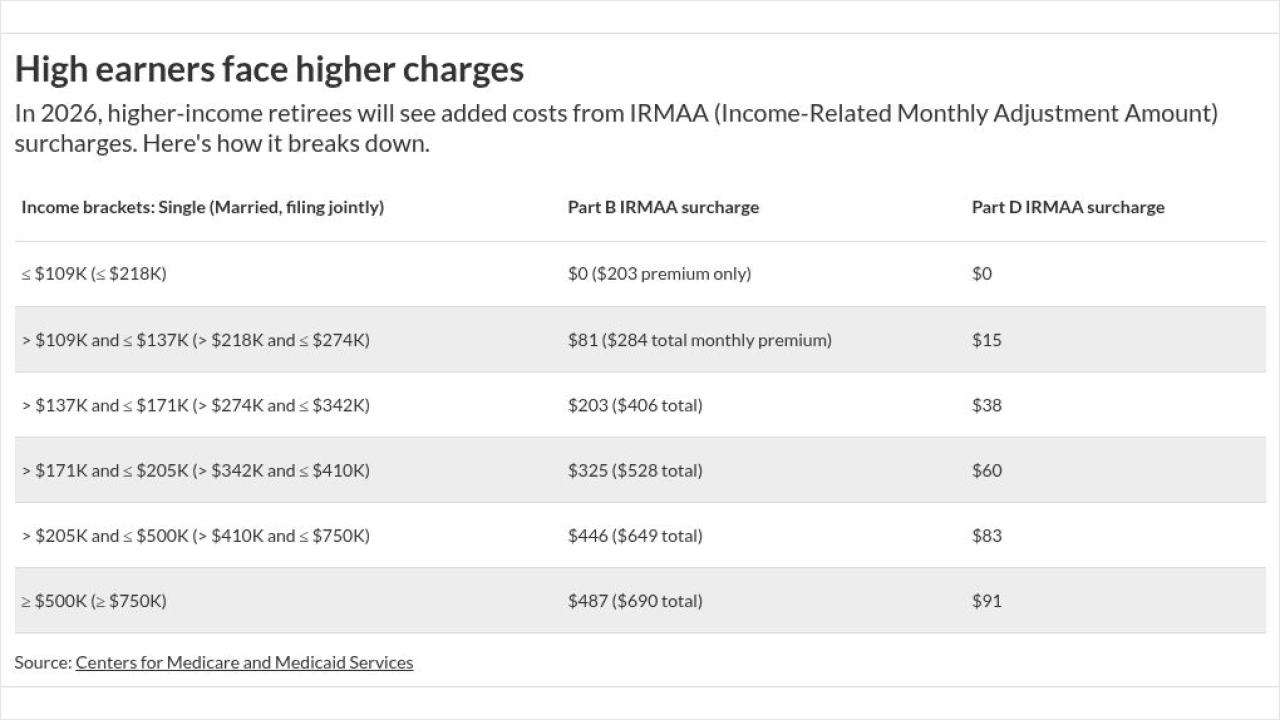RIA owners are leaving the business at a rapid rate. At The Same time, it’s been tough to attract young advisors. Compensation has always been one of the best tools to entice, reward and keep the best employees, but how many small firms can afford to divert money from their client retention strategies, whether it’s advertising or special events? Not many.
Into the breach steps the equity ownership model. This strategy allows firms to reward valuable advisors, while also boosting the firm’s overall value. After all, there are few better ways to encourage others to increase their revenue when they directly share in that growth.
Some owners are reluctant to cede control of a company they have nurtured and grown. Others hold back, constantly seeking successors who remind them of themselves.
But Neal Simon, CEO of Bronfman E.L. Rothschild, isn’t one of them.
His firm has granted some of its key employees equity appreciation rights. These allow the holder to share in the firm’s growth if it appreciates in value. Management drives its point home by showing each employee how much those rights will be worth if the company doubles in value.
In spite of the success such tactics have shown, Senior Editor Charles Paikert, who wrote Financial Planning’s cover story, is surprised by how few firms are willing to take the chance.
“Despite so much talk about the need to distribute equity, still so few are willing to do it,” Paikert tells me. There have to be “more pro forma routes to equity to make it easier for everyone.”
Another stark, rather worrisome discovery emerged when we pored over compensation and ownership data from FA Insight in preparation for our annual compensation issue.
Financial Planning contributing writer Miriam Rozen found that, while men and women are employed in equal numbers at financial services firms, women are not rewarded proportionally in equity, management clout and compensation.
“Women advisors and firm owners were exceedingly frank about how the industry had in general undervalued their genders’ contributions,” she tells me. To help move toward a solution, “more transparency, measuring and tracking of the gender differences in compensation at advisory firms needs to take place.”
There are some bright spots she found in her reporting: “Advisory firm owners have faith and hope that, in the near future with other changes, women will be better compensated.”





